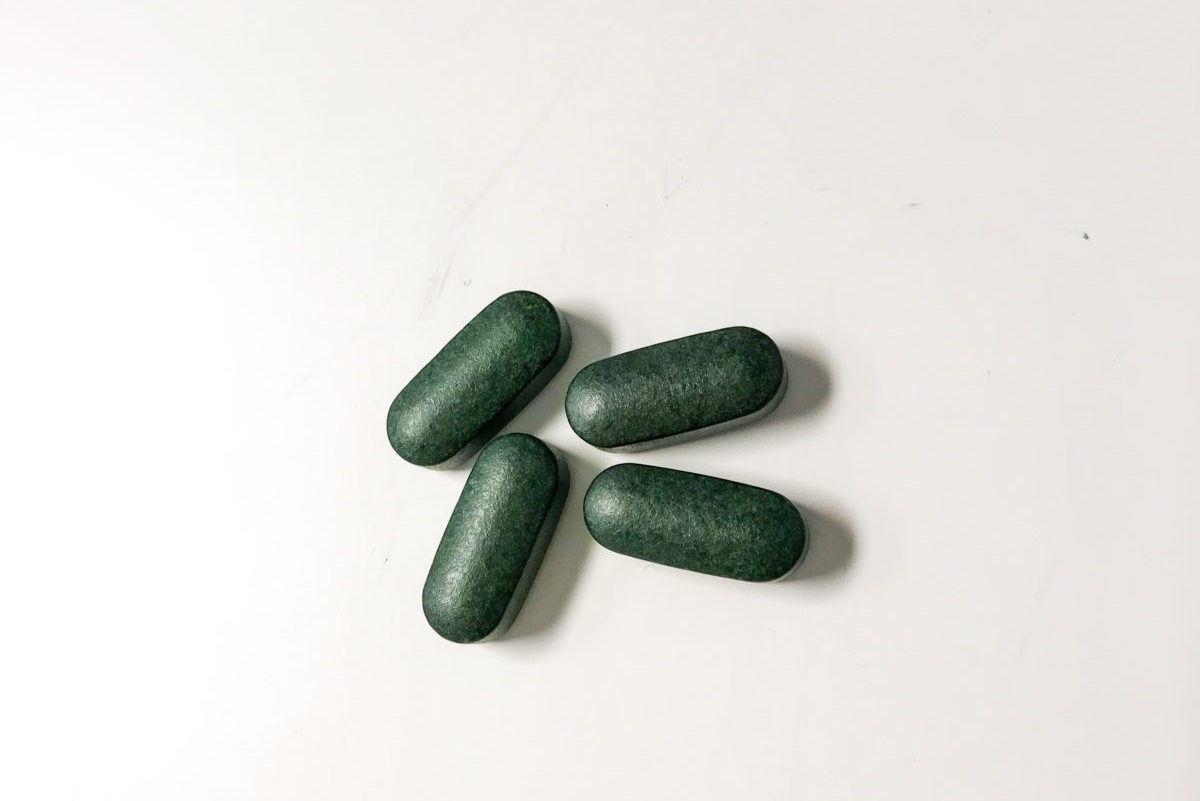Probiotics & Greens in Your Multivitamin? Yes, Please!

Are you spending time browsing the vitamin aisle, trying to figure out which multivitamin will work best for your personal health and wellness needs? There are dozens of choices, and while all of them promise a full daily dose of essential vitamins and minerals, some are more effective than others. When it comes to a quality product, you’ll want to set your sights on one that can provide you with more than one benefit, that goes the same for your multivitamin. Turn to one product, taken once a day, that also greatly benefits your gut, skin and energy levels. We’ve done the research for you.
Why you need a multivitamin
Sometimes, even if you exercise every day and eat the right foods, your body may need more nutrients than you can provide it. Also, it turns out that many different parts of our daily life can negatively impact the vitamins, minerals and nutrients in our body, including pollution, processed foods, and some medications.
‘5 Reasons to Take Probiotics!’ >> Read More!
Because of the digital world we live in, research is showing that we’re spending less time outdoors and more time sitting throughout the day, leading to vitamin deficiencies and obesity.
According to a recent USDA survey 37% of Americans do not get enough Vitamin C, 70% do not get enough Vitamin E, nearly 75% do not get enough Zinc, and 40% do not get enough Iron. But not just any commercially available nutritional supplement product will meet these needs!
Here is where a multivitamin comes in. It’s job is to fill in the gaps that your diet hasn’t, which high-quality ingredients like vitamins, minerals, amino acids and other nutrients.
Adding Probiotics and Greens to the Formula
If you’re like most of the world, you want to keep things as simple as possible. A high-quality multivitamin, complete with Vitamin C, biotin, Magnesium, an organic blend of greens (organic broccoli, kale, spinach and more!) and probiotics, round out this formula to provide you with numerous health benefits.
Probiotics are friendly bacteria that make up the microbiome in your gut or digestive tract and are the key to good health, especially to good digestion and regularity. Bacteria, though naturally present in the body, accounts for two pounds of bio-mass in your intestines, which need a balance of beneficial bacteria to promote good health.
Levels of probiotics decrease with age and can also be affected by other factors, including a poor diet and obesity. As the levels of probiotics decrease, problematic bacteria in the gut thrive, which can lead to digestive problems like bloating and gas.